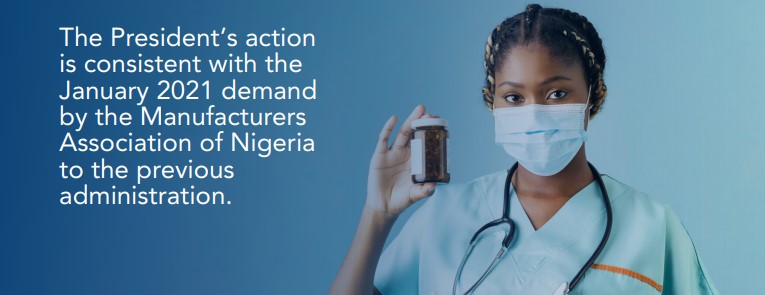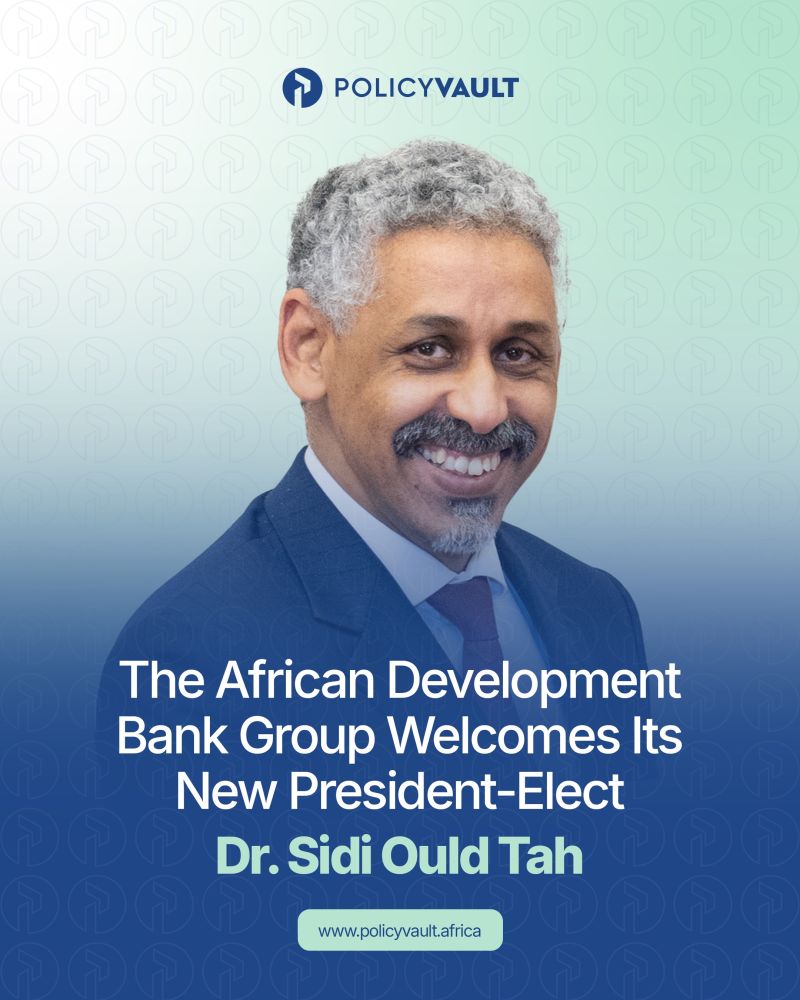African governments' policies and regulations All in one place.
Explore 10006 policies from dozens of sectors and countries.
Search
Search for policies, regulations, and investment guides across sectors in our vault.

Request
Request for unavailable documents across sectors and countries. Our team is committed to a fast turnaround with professional delivery.

Track
Track specific policies for updates using our premium service. Our team provides strategic advice on policy engagements.
Enjoy unlimited access to the government policies and guidelines that define Africa's socio-economic landscape

We empower thought leaders and key decision makers to do their best work


We Verify
Our policy team verifies the authenticity of documents and standardizes them according to our guidelines.

We Engage
Our team engages with government ministries and agencies to strike up partnership agreements.

We Compile
Our in-country field staff research and, compile policies across sector.
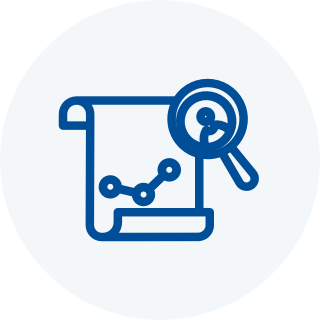
We Analyze
Our policy team provides summary and in-depth analyses of the policies.
Get informed on policy changes across various sectors in Africa
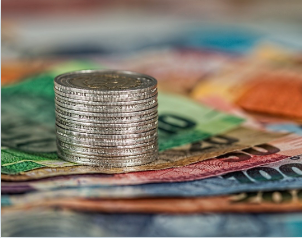
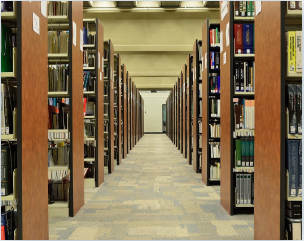

See what’s new
President Tinubu’s Executive Order for Tax Waiver on Pharmaceutical Input
On 28th June 2024, President Bola Tinubu signed an Executive Order to remove import duty/tariffs, and value-added tax on specified machinery, equipment and raw materials for production of pharmaceuticals, diagnostics, and medical devices such as needles and syringes, biologicals and medical textiles. The objective is to increase local production of healthcare products, reduce production costs, and enhance local manufacturers’ competitiveness.
Read moreThe African Development Bank Group Welcomes Its New President-Elect, Dr. Ould Tah
Dr. Sidi Ould Tah, a renowned economist and banker from Mauritania, has been elected 9th President of the African Development Bank Group. With 35 years of experience in African & international finance, including roles as President of the Arab Bank for Economic Development in Africa and Minister of Economic Affairs & Finance of Mauritania. Warm congratulations and welcome, Dr. Ould Tah
Read moreQ1, 2024: When Food Scarcity Trumped Non-Oil Exports Policy
In the first quarter of 2024, following drastic policy changes in the preceding months (especially removal of fuel subsidy and currency float/devaluation of the Naira), as well as incidences of banditry and kidnapping, Nigerians experienced a sharp increase in inflation, food supply shortages and steep rise in cost of living. Food scarcity and attendant hunger quickly emerged as threats to peace and security across the country. To avoid escalation into widespread unrest, governments at the federal and subnational levels began to apply various measures to bring the situation under control.
Read more